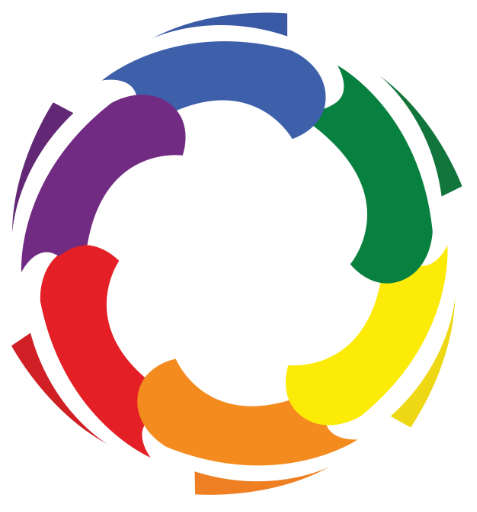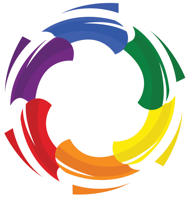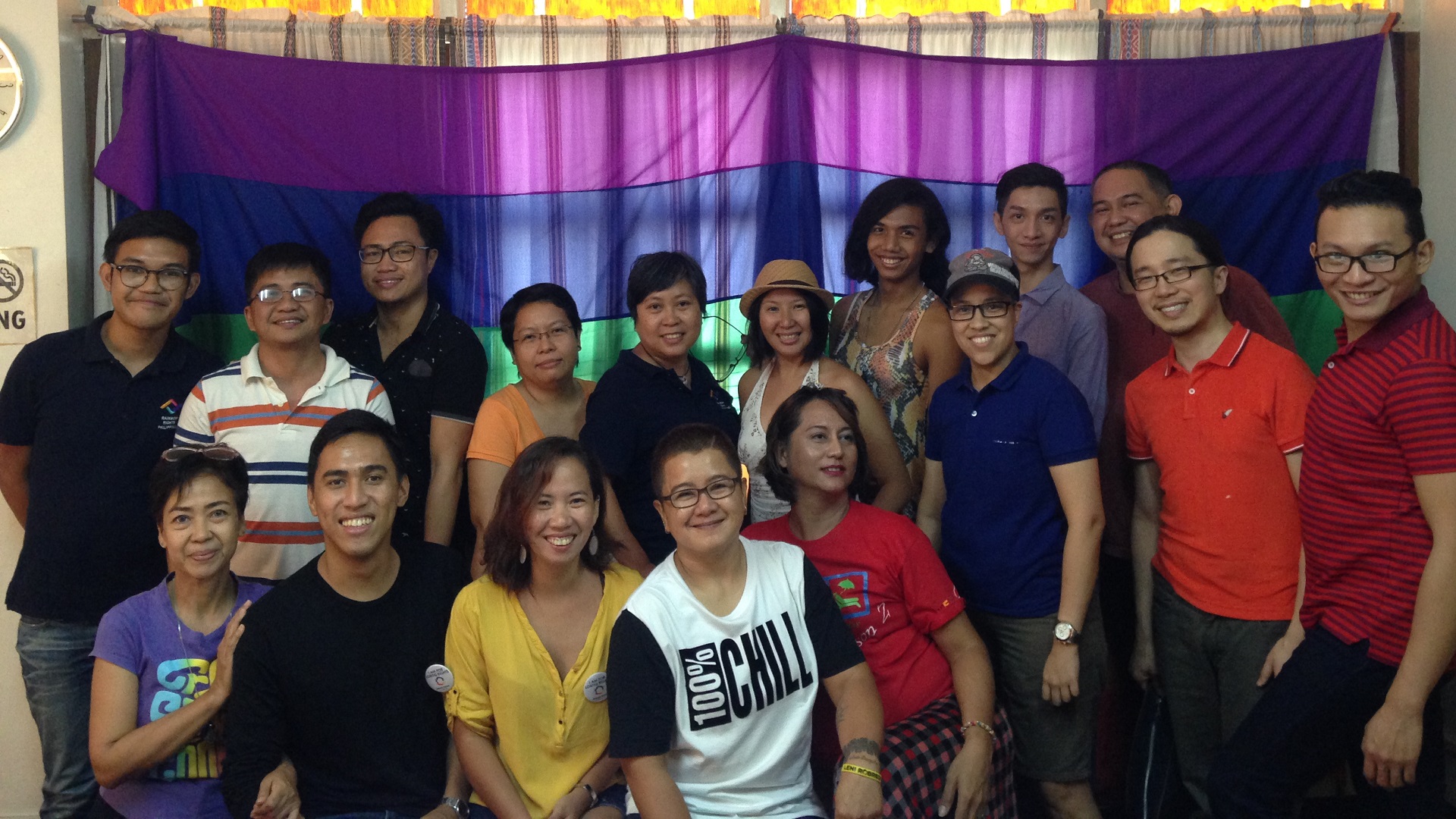LGBTIQ groups in the Philippines gathered together on Saturday, April 9, 2016 to learn about UN Human Rights mechanisms and how to properly utilize these in advocacy work. Led by ASEAN SOGIE Caucus, Outright Action International, and Rainbow Rights Project, the event titled Consolidating LGBTIQ Rights Documentation Toward Effective UN Policy aimed to educate CSOs on how to draft and engage in the three UN review processes: CEDAW, Universal Periodic Review, and ICCPR.
Taking part in human rights mechanisms is very important in local and international activism. During the session primer, Ging Cristobal of Outright Action International shared that all UN bodies can be engaged with, and that it’s necessary to learn the function of each to make it work with your particular advocacy. Moreover, the Philippines is again part of the Human Rights Council for the 3-year cycle of 2015-2018. This is the prime period for CSOs to take advantage of the country’s seat in the Working Group and include national LGBTIQ rights concerns in the HRC cycle’s agenda.
Angie Umbac of Rainbow Rights discussed how CSOs can take part in monitoring and reporting the implementation of the Convention on the Elimination of All Forms of Discrimination Against Women (CEDAW) review. CEDAW is a very useful mechanism due to its focus on gender rights, which can be the stepping stone for LGBTIQ groups to air out their concerns. Being a treaty body, it can however be challenging for principal sponsors to gain member-state buy ins, especially from other nations in the working group that have not ratified CEDAW.
Ging Cristobal followed with a primer on the International Covenant on Civil and Political Rights (ICCPR). The ICCPR, adopted in 1966, is another UN treaty body that governs a wider scope of human rights, including freedom of speech and assembly, freedom of religion, equality before law, and right to life and human dignity. Nations who have ratified the ICCPR are encouraged to participate in the drafting of 20-page coalition reports in each 4-year period of review. Same as with CEDAW, the ICCPR is a UN treaty mechanism that can only be used to put pressure on the policy reforms of ratified nations.
Moreover, Ryan Silverio of ASEAN SOGIE Caucus educated participating CSOs on the Universal Periodic Review process. The UPR, created along with the Human Rights Council in 2006, is different from treaty bodies such as ICCPR and CEDAW because it covers all UN member states and covers all relevant human rights concerns. It is unique in such a way that it enables member states to review each other's human rights conditions and make viable recommendations as to what can be done to better the State Under Review's (SuR) policies. In engaging the UPR process, CSOs can conduct consultations with fellow activists, submit a report and lobby UN member states so they will issue LGBTIQ related recommendations.
CSO leaders also engaged in a collaborative discussion after the consultation, pushing forward various critiques on the review processes and what can be done to further improve LGBTIQ groups' engagement with the UN mechanisms. Kate Cordova of the Association of Transgender People in the Philippines (ATP) stressed concerns about CEDAW’s vague definition of “woman” and which particular gender identities are included in the treaty’s mandate. On the other hand, Ryan Silverio recommended that while it’s advantageous to lobby UN permanent missions in Geneva, it would be cost-effective and efficient to engage the presence of local embassies in the country.
The three speakers stated that it is high time for human rights groups to engage in UN mechanisms now that the Philippines has a seat in the Human Rights Council. In doing so, the groups are employing different processes such as data collection, documentation, and drafting high-level reports. The CSOs are also looking toward forming an alliance or working group that will aim to campaign for and represent the Philippine LGBTIQs interests in the UN review processes. This alliance aims to have an inclusive, unified presence in the LGBTIQ rights campaign, in order to promote not just the interests of Lesbians and Gays in the Philippines but also other marginalized sectors such as Male-to-Female (MTF) and (Female-to-Male) Transgenders, Genderqueers or Non-binary individuals, and Intersex persons.
ASEAN SOGIE Caucus looks forward to more initiatives led by other LGBTIQ groups in the country, which will be a great way for stakeholders to assert their needs and interests in a systematic, effective process toward policy reform. This event aims to spearhead Philippines’ visible participation, along with the strong presence of CSOs, in the United Nations during the period of our seat in the Human Rights Council.




